
Domenico Camarda (b. 1990) was selected for Futures by CAMERA – Centro Italiano per la Fotografia. He currently lives in Turin where he works as freelancer and on his own research projects.
Camarda’s practice focuses on themes such as the construction of identity. Creating a series of dreamlike and suggestive images, he wants to ask questions and trigger reflections, rather than giving simple answers.
In this interview, he talks about his work and inspirations:
Can you explain us a little bit about your inspirations? What are the main themes in your practice?
I have always been fascinated by the concept of identity, and by what being contemporary actually means.
The ultimate goal of my research is to be able to fix every aspect that defines the contemporary identity of people or places, trying to give a representation that is as true and complete as possible. A work that has therefore an obsessive and infinite nature, being the contemporary identity liquid, in constant change and evolution.
Through a stream of interconnected images that interact closely and constantly with each other, my aim is to create a series of dreamlike and suggestive representations. I try to ask questions and trigger reflections, rather than giving simple answers.
How do you see your relationship with photography? How do you deal with this medium to express your art?
My relationship with photography is complicated, as all the good and important relationships are. Since I have memory, I have always taken pictures. For me, it’s essential to record constantly what is going on, to be sure that what I’ve perceived can’t be deceived by my memory.
In addition to this, I am also really interested in communication, and in the possibility in building a symbolic system capable to speak universally, through images. It is for all these reasons that my natural medium of expression has always been photography.

Can you tell us a bit more projects that you have been working with?
I’m completely focused on my last project lately: LIQUIDO. The Individualistic exile. Exile, in its broadest sense, means a condition of estrangement, isolation, absence and detachment. The condition of exile therefore does not represent only the deprivation of power or privileges but carries with it the loss of people’s identity and goals. These phenomena can be found in contemporary western society, in which it is easily observable the voluntary/non-voluntary exile/self-exile in favour of individualism.
In Western contemporaneity, indeed, societies are increasingly fragile: individuals, distant from one another, are let free to define themselves, in a total lack of points of reference to tend towards, or with which identify themselves. In the exile of western society, individuals are therefore liquid, identities without a well-defined shape, constantly changing it depending on the container that contains them momentarily. Their individuality is constantly changing, capable of being everywhere, but that nowhere stays long.
How has been the experience of being a talent selected for Futures? How can Futures help with your career?
Being a talent selected for Futures is definitely a great experience. Through the program I have been able to get in touch with amazing artists, curators, editorialist from different countries and with different approaches. I think that Futures has helped me a lot in expanding my network and getting more visibility.
Could you tell us a bit about your plans for the near future?
I am working on my last project, Liquido. The series is expected to be finished by the end of 2019, after which I would like to exhibit it. Beside this, I expect to start to work about new topics, always describing what being contemporary means.


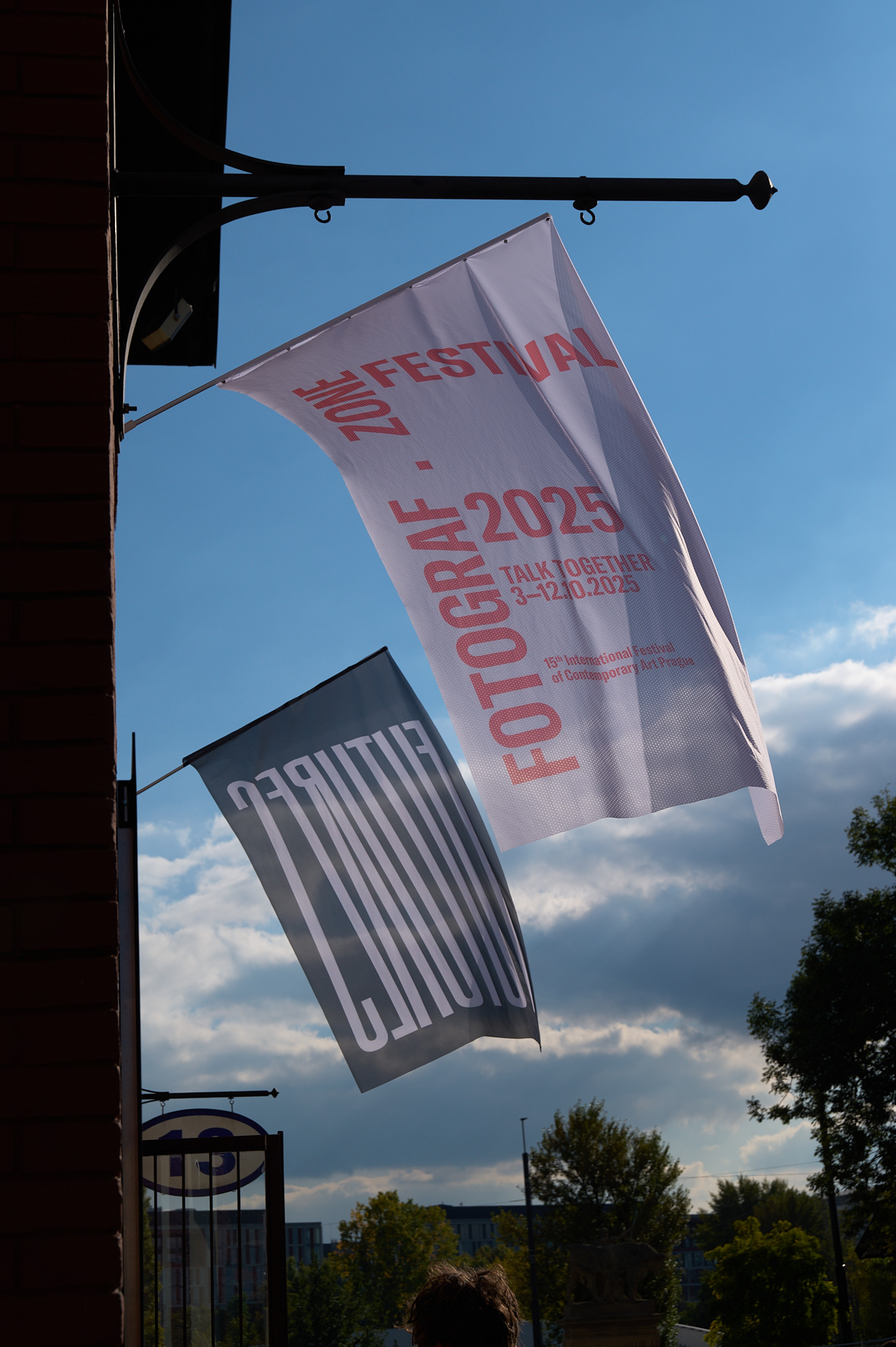

.jpg)
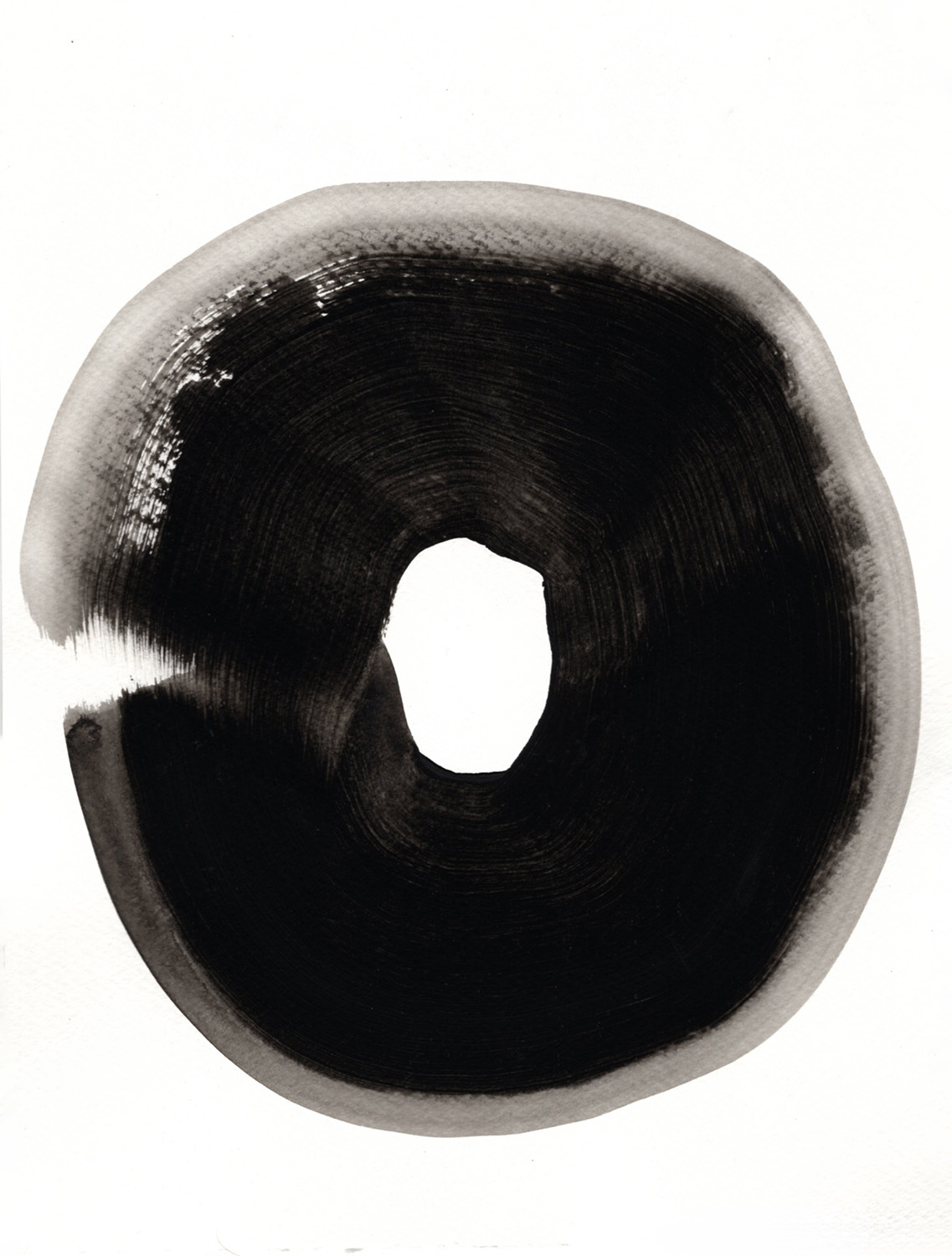
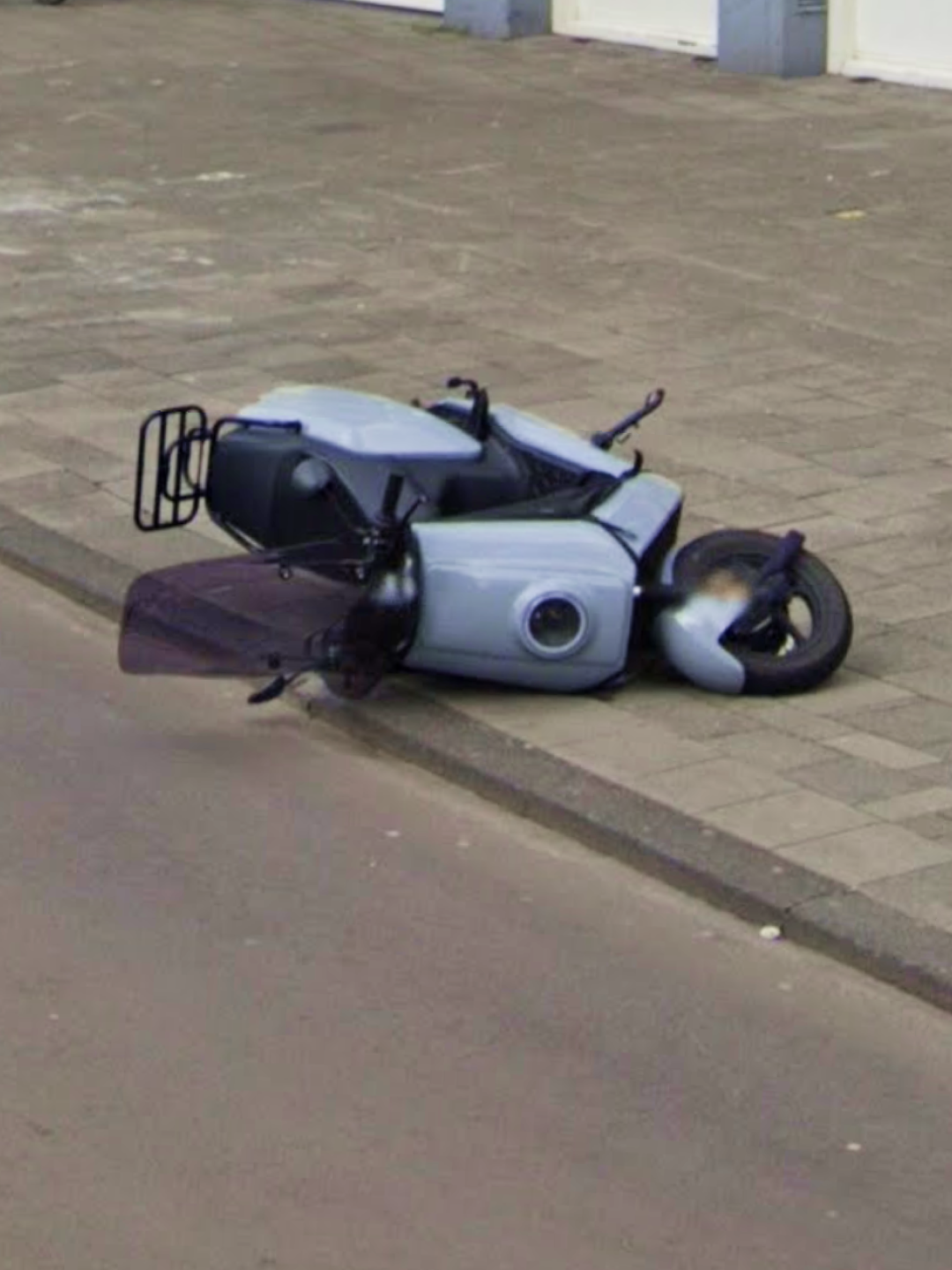









.jpg)


%2520Unseen-campaign-2024-square-forweb.jpeg)
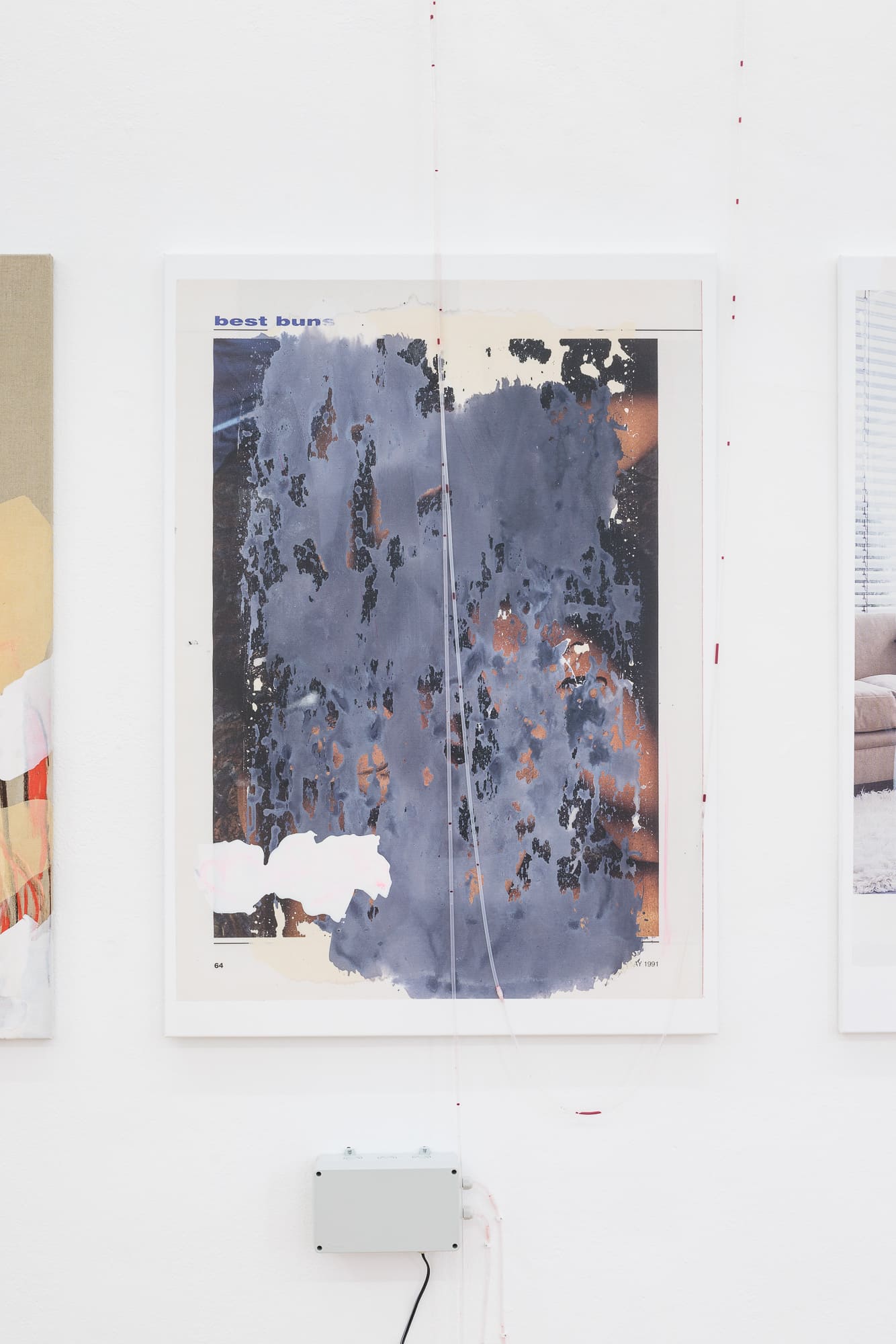

.avif)



.avif)

























.jpeg)





























.jpeg)
















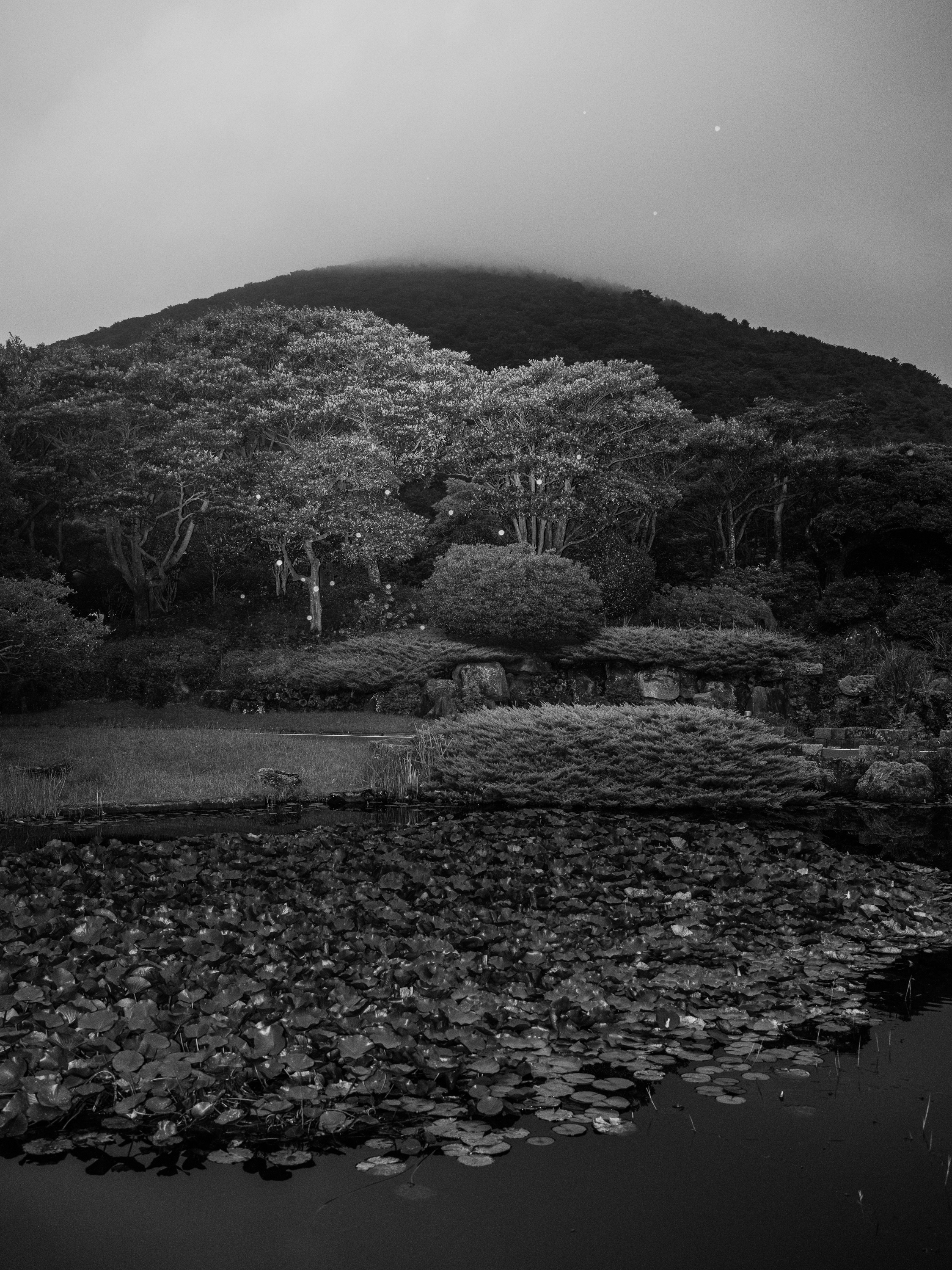




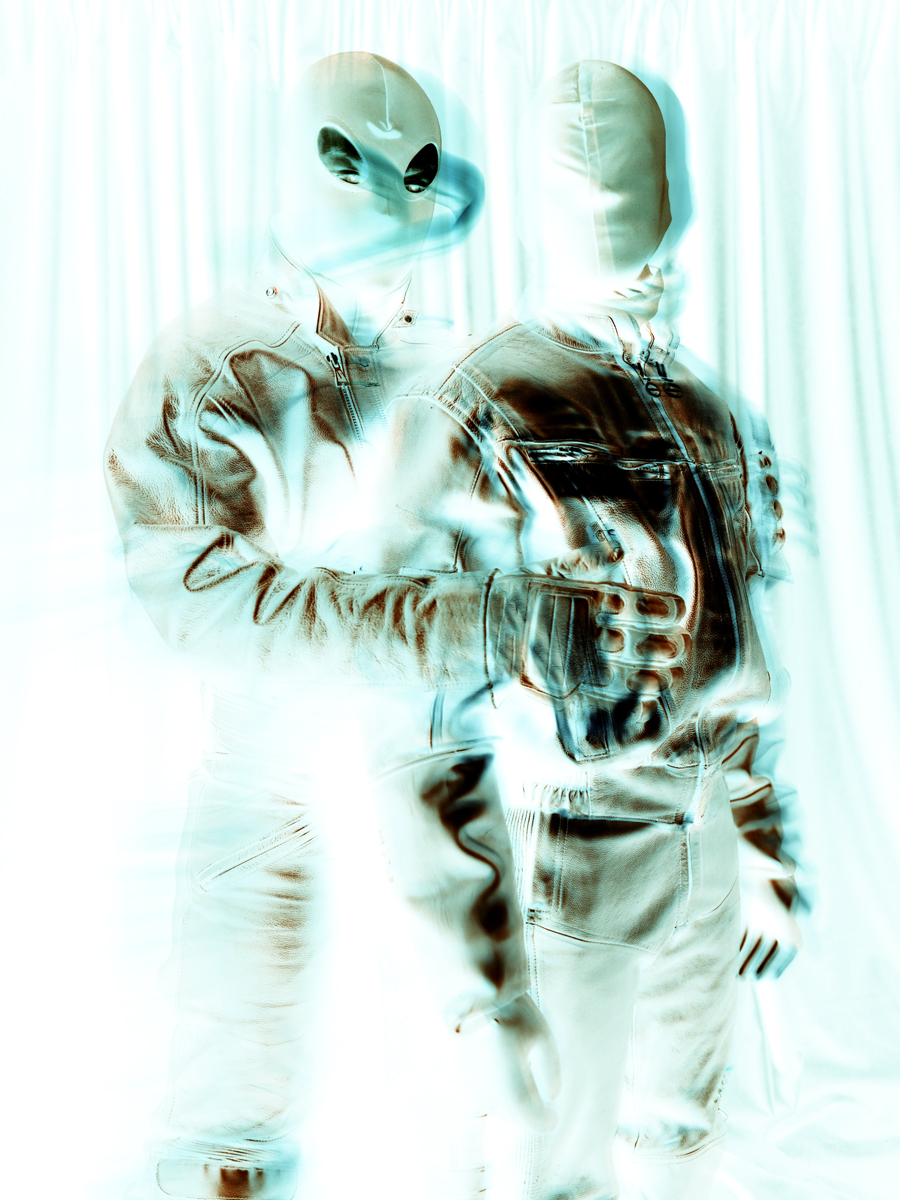




























































%252C%25202015.jpeg)






























